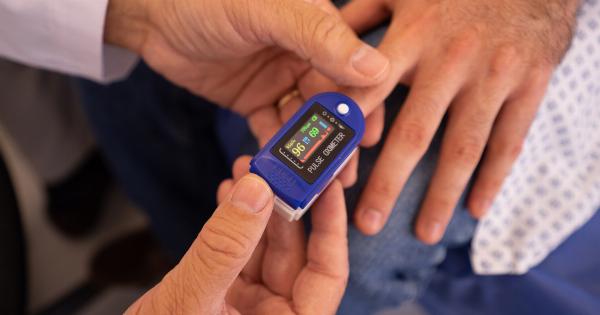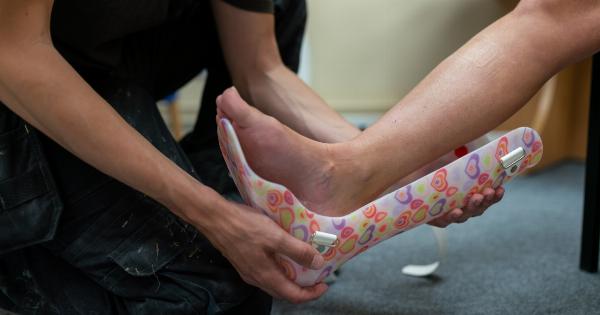Cold legs can be a discomforting and sometimes alarming sensation that leaves many people puzzled about why it’s happening. Poor circulation and exposure to cold are often cited as reasons.
However, there are many reasons why you may be experiencing this. Below are four possible reasons why your legs may be feeling cold.
1. Peripheral artery disease (PAD)
Peripheral artery disease, also known as PAD, is a condition that occurs when there is a buildup of plaque in the arteries. This causes the arteries to narrow and restrict blood flow to the legs and feet.
As a result, people with PAD can experience pain, numbness, and coldness in their legs and feet. PAD is most common in people over 50 years old and is often caused by a combination of diet, lifestyle, and genetics.
If you suspect that you may have PAD, it’s crucial to seek medical attention, as untreated PAD can lead to serious complications, including amputation.
2. Anemia
Anemia is a condition that occurs when the body doesn’t have enough red blood cells to carry oxygen to the body’s tissues. This can happen when there is a deficiency in iron, vitamin B12, or folate.
People with anemia often feel cold, especially in their extremities. Other symptoms include fatigue, weakness, and shortness of breath. For some people, treating the underlying cause of anemia may be enough to resolve the cold legs. In other cases, supplements or medication may be necessary.
3. Raynaud’s disease
Raynaud’s disease is a condition that causes narrowing of the blood vessels in the hands and feet. The narrowing of the vessels can cause a sudden drop in temperature in the affected areas, leading to coldness and numbness.
People with Raynaud’s disease often experience these symptoms in response to stress or cold temperatures. While Raynaud’s disease isn’t life-threatening, it can be uncomfortable and affect a person’s quality of life. Treating the condition may involve medication, stress management, and avoiding triggers.
4. Hypothyroidism
Hypothyroidism is a condition that occurs when the thyroid gland doesn’t produce enough thyroid hormones. These hormones play a crucial role in regulating the body’s metabolism.
When there is a deficiency of these hormones, a person’s metabolism slows down, leading to symptoms such as fatigue, weight gain, and cold intolerance. People with hypothyroidism may experience cold legs as a symptom of the condition. Treating hypothyroidism may involve medication, lifestyle changes, and monitoring thyroid hormone levels.






























